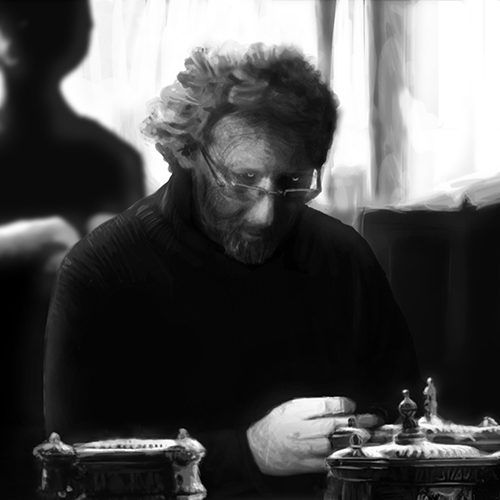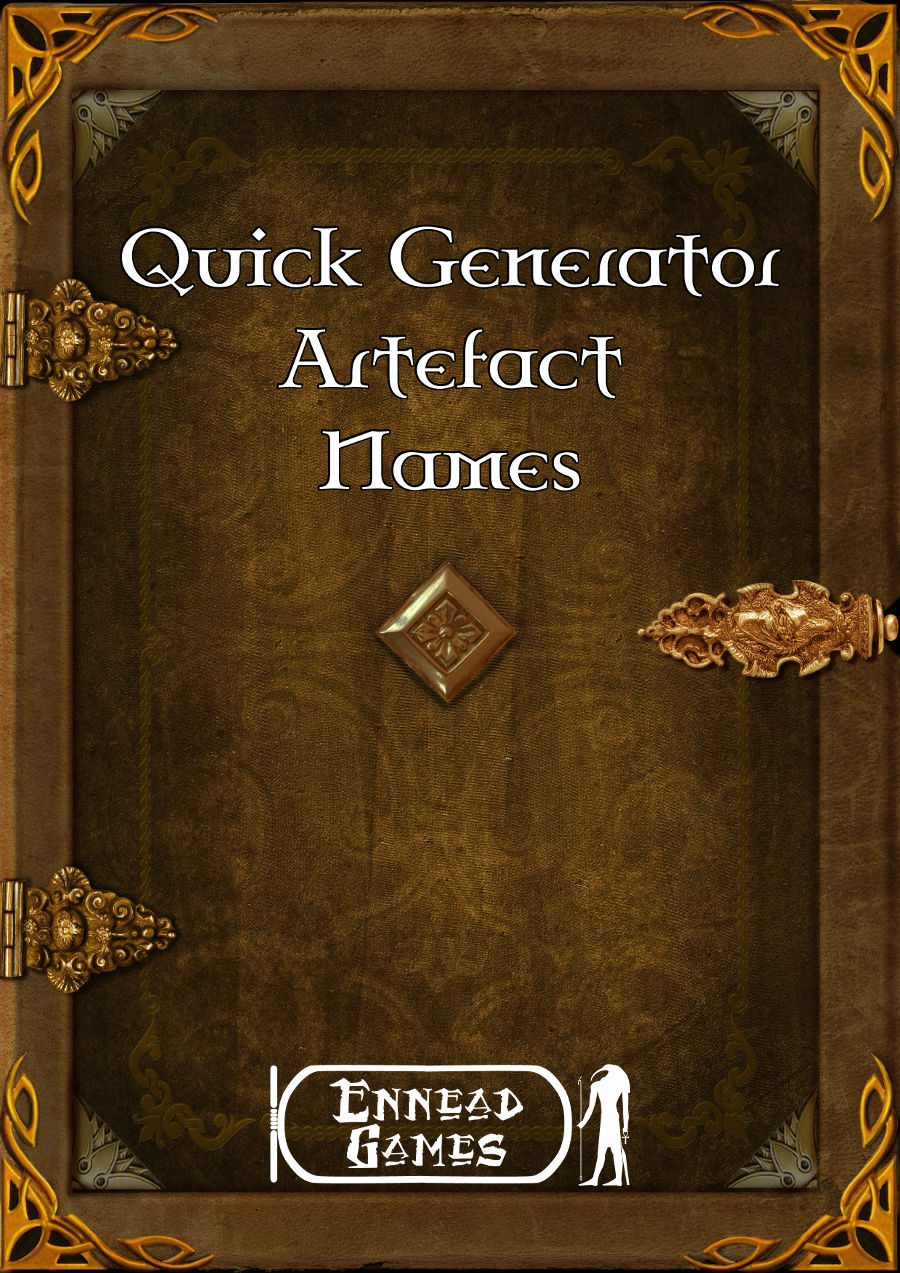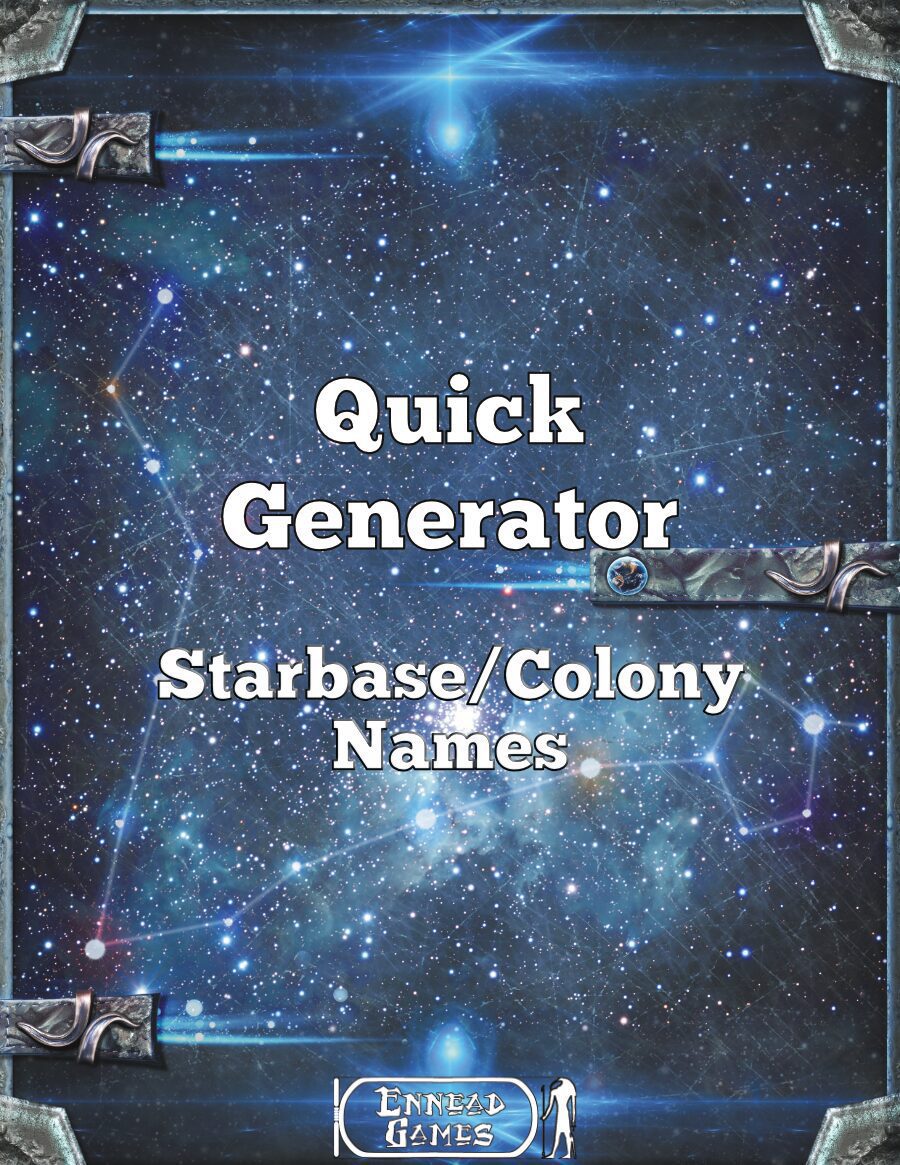
How to be a Bad GM
Phil Nicholls blogs at Tales of a GM, where he writes about narrative gaming, faster prep and more story. He is currently running a HeroQuest Glorantha campaign in a home-brew setting. Phil has written for Johnn Four’s Roleplaying Tips newsletter and has a selection of self-published pdfs.
This essay is taken from the archives at Tales of a GM. http://talesofagm.com/
Several years ago, my gaming group suffered a catastrophic personalty clash, leading to the end of the campaign. This made me feel like a BAD GM, and a pretty poor friend. Here are some examples of how I went wrong, written in the hope you will learn from my mistakes.
Over-commit
You cannot say “Yes” to everything. For most people, being a GM is only a hobby, not the day job. There is limited time for game prep each week, and this can be severely reduced by real life commitments. Sometimes we all over-prepare, but there is a lower limit to the amount of prep needed for a game.
A lack of prep will both impact the quality of the game and the amount of stress suffered by the GM during the game. A lack of prep can be an opportunity to practice improvisation, but HAVING to improvise is not the same as CHOOSING to do so. Furthermore, forced improv can greatly increase the amount of stress incurred at the table. Therefore:
Over-commitment = lack of time = limited prep = stressful GMing = Bad GM
Backlog of Tasks
Following on from a lack of time, more and more tasks are often put off until later. Eventually, a huge backlog builds up. Prioritisation is a good strategy short-term, but eventually the number of delayed tasks will reach a critical mass. Yet, there is rarely free-time in a busy schedule to deal with these low-priority jobs.
Overall, this leads to increased levels of stress. Further distraction arises from the amount of mental energy needed to keep reassessing the situation and deciding how to use our limited time:
Lack of time = growing backlog = lack of focus = stress = Bad GM
Emotional upset
It takes a lot of effort to run a game. When the campaign is not going well, it can be upsetting. The gaming group’s frustrations with the game put a lot of strain on the relationships within the game. If the GM is distracted by heightened stress levels, then they are less focused on the game. Simple adjustments to accommodate the needs of the Players may not happen.
Indeed, the overall lack of attention and focus on the game from the GM can spread to the Players. If the GM is not putting time into the game, then why should the Players? Well, they should if they want to save the campaign, but not everyone will see it this way. A GM’s stress may be read as indifference, or a lack of care about the game. If Players respond in kind, then it could further the GM’s distress over the course of the campaign:
Emotional distress = lack of focus = Bad GM
Holidays & Real Life
So often, real life events can intervene in the running of a game. Birthdays, holidays, work and family drama can all take their toll. Generally, these add their own burden of stress. Such things are not exclusive to GMs, but it is the GM who carries a greater game burden. If the system is already stressed from the events described above, then the effects are magnified.
Life events = time pressure = lack of prep = Bad GM
One Solution
It is possible to stop being a Bad GM. The exact solution depends upon the problems facing the GM. When I suffered the disintegration of my game, the issues began when I over-committed. Thus, the first method to avoid being a Bad GM is to learn to say “No”. Always keep in mind what your schedule allows. Avoid trying to squeeze too much into a busy week.
A backlog can be mitigated by putting time into your schedule to resolve these things. Short-term, this lowers your productivity. However, a total collapse in your work rate due to being overwhelmed with unfinished tasks is far worse.
Illness and emotional upset cannot be avoided so easily. Yet, if your baseline stress is reduced, then your overall state of mind is improved. Plus, if you are not stressed out over the lack of prep for the game, then you will be more aware of how the Players are feeling. This is a major factor in avoiding a campaign implosion.
Finally, holidays cannot be prevented. Much as we might want to, real life cannot be willed away. However, a flexible schedule allows free time to cope with any necessary preparations.
Conclusion
A lighter schedule is the best way to avoid being a Bad GM. My solution gave me one week per month without a game Session. This allowed me the time to catch up with the game prep and address my backlog. Thus, some weeks see less productivity, but as a long-term plan it is more sustainable. I hope you can find your own balance.
Happy Gaming
Phil
For more essays from Phil, and updates about his latest campaign, visit Tales of a GM.




One thought on “[Guest] – How to be a Bad GM”
Comments are closed.